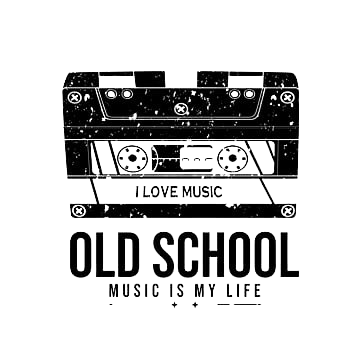It was 1973, and Led Zeppelin was wondering where to steer their revolution next. With critics questioning their reign and many bands taking up their mantle, they produced Houses of The Holy, an amalgamation of some of the band’s most towering work. It is a rich, densely textured, and incredibly varied record that breathes new life listen after listen. The record’s assortment of stylistically diverse numbers is partly down to it being the first Led Zeppelin record for which each member had an equal stake in the songwriting.
Houses Of The Holy benefited from two of the four band members installing home studios, a decision that allowed them to develop a highly curated selection of songs and arrangements, expanding their catalogue into new and unfamiliar territory. One product of this was ‘The Rain Song’, a highly unusual number in that it is intensely balladesque. Thunderous drums and screeching singing are a far cry as Led Zeppelin landed in a reflective mode.
For a band that had made their name churning out stadium rock anthems, ‘The Rain Song’ was, more than anything, a huge creative risk. Led Zeppelin were known and celebrated for the sheer weight of their sound, for its gargantuan, trunk-shaking power and for their bold obliteration of the 1960s hand-holding sentiments. So why did they decide to write such a downbeat and tender love song at the height of their fame?
Clocking in at over seven minutes, ‘The Rain Song’ is one of the slowest burns in Led Zeppelin’s catalogue, second only to ‘Stairway to Heaven’. There’s much debate surrounding the song’s origins, with some saying that John Bonham bought the idea into the studio and others that it was Jimmy Page who originally constructed the melody in front of the new mixing console he’d just installed in his home studio in Plumpton, England.
In truth, though, you can tell the constitution of ‘The Rain Song’ simply by listening: it feels like a truly collaborative effort, for which Led Zeppelin joined forces to piece the track together bit by bit. Indeed, it is one of the only Zeppelin songs where all four members shared the composer’s credit. Alas, it was an honorary fifth member who offered up the inspiration.
‘The Rain Song’ has an astounding clarity of intent. It’s as though Page, Plant, Jones and Bonham all set out with one clear goal in mind and executed it with meticulous precision. The truth is that they probably did have a very clear idea of what they wanted this track to be as soon as they began stitching it together. It has been said that Page wrote ‘The Rain Song’ in response to some comments made by George Harrison to John Bonham after The Beatles guitarist attended one of their mammoth concerts.
As Jimmy Page’s biographer, Brad Tolinski, recalled, Harrison complained that Bonham’s group was unable to write ballads. Jimmy Page once described how: “George was talking to Bonzo one evening and said, ‘The problem with you guys is that you never do ballads.’ I said, ‘I’ll give him a ballad,’ and I wrote ‘Rain Song,’ which appears on Houses of the Holy. In fact, you’ll notice I even quote ‘Something’ in the song’s first two chords.” That’s even more notable given ‘Something’ uses a pretty unique scale in pop songwriting–typical of Harrison’s simple inventiveness.
The not-so-subtle allusion to ‘Something’ gives ‘The Rain Song’ an ironic quality, as though it was written, not as an earnest ballad but as a pastiche, one designed to showcase just how easy Page believed it was to write one of Harrison’s sickly-sweet love songs. But easy songs can actually be hard, and he honoured one of his heroes by knuckling down and giving the track everything he could.
As well as quoting those opening notes from ‘Something’, Page also utilises the same slowly descending chord progression for which Harrison became so famous. And yet, the track still stands out as one of the finest offerings from Houses Of The Holy. Its sweeping string sections, surf-infused slide guitar parts, and surprisingly mellow drum sound all combine to create one of Zeppelin’s most mesmeric and soothing numbers. How funny, then, that it was written out of what would appear to be sheer spite.
The track now stands up as a timeless classic, with even Rick Rubin claiming it continually informs his work. “It defies classification,” the producer told Rolling Stone. “There’s such tasteful, beautiful detail in the guitar and a triumphant feel when the drums come in – it’s sad and moody and strong, all at the same time.” Fittingly, that’s a fairly good description of the bulk of The Beatles; golden discography, so it’s safe to say Page nailed it–he was, after all, formerly a session musician, so he knew how to get a handle on all styles.

